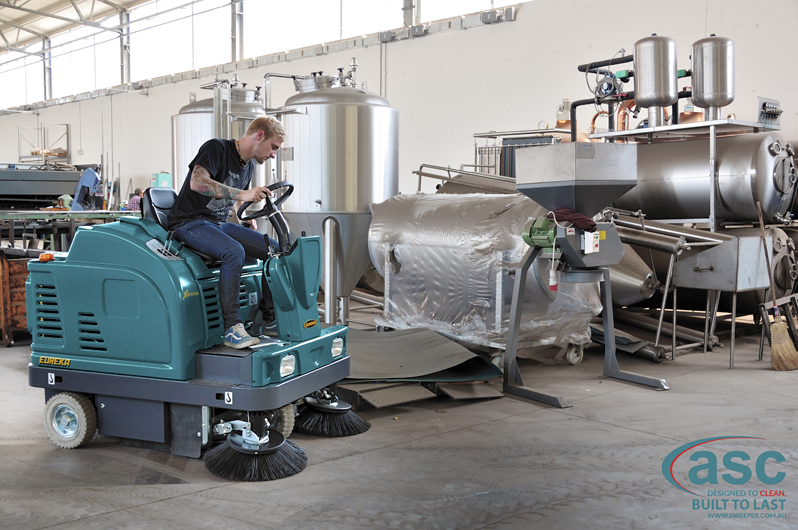
Small-scale cleaning products are commonplace. We’ve all cleaned our sinks and toilets with chemical cleaners, cleaning sprays, and antibacterial wipes. But when selecting powerful industrial cleaning agents, many of us would be at a loss. This is due to a sufficient number of these resources. These items come in a wide variety, yet many of us have yet to learn what they are.
The likelihood that you will suddenly need to purchase commercial cleaning machines is high if you start an industrial cleaning firm or find yourself in charge of a massive cleaning project. Additionally, if you have yet to gain experience in this field, this can be a frightening idea.
What are industrial cleaning supplies?
Supplies for commercial cleaning machines are precisely what their name implies. Although they are cleaning supplies, they are made for industrial use. This indicates that they frequently arrive in massive amounts, yet this may not be the case occasionally. Additionally, they are frequently not pre-diluted and typically a little harsher than their home-use equivalents because they are designed for more demanding purposes.
Of course, this propensity for harshness is not a universal rule. Several milder industrial cleaners are available because industrial sites require a variety of cleaning tasks.
5 steps to choose the right industrial cleaning product
It is a simple undertaking to select industrial cleaning supplies that are both safe and efficient. However, choosing the most economical and environmentally friendly products is challenging due to the wide range of commercially available goods. As a result, specific considerations must be considered before making a purchase.
This blog highlights the procedures and considerations needed to choose the appropriate industrial cleaning supplies for your commercial space.
1. Selecting the Best Supplier
You may choose the best industrial cleaning supplies by conducting interviews with various possible suppliers to determine which ones will provide the services you require. Large national suppliers have a vast delivery region and represent many brands.
On the other hand, small vendors produce less but are more responsive. Therefore, it’s crucial to find out about a possible vendor’s policies on topics like online buying, invoicing, and financing possibilities.
Having a reliable source gives you a lot of peace of mind. A weak provider won’t meet your precise needs, and you’ll constantly worry that the goods you bought were subpar and the supplier was trying to line their own pockets.
2. Creating uniformity in product purchasing methods
Here, it’s crucial to purchase the required items. You could need to stockpile useless substances and equipment in your closet.
For instance, you could require pH-neutral all-purpose cleaners to clean your dusty and non-greasy regions, but you will purchase degreasers. Although degreasers can clean non-greasy surfaces well, they are overkill for this cleaning.
Whether your company is tiny or has hundreds of employees, developing a standardised purchasing system will help you resist this tendency and have many benefits.
3. Understanding Cost vs. Price
Never basing purchases on price tags is the secret to balancing client expectations and a limited budget. But, of course, you will pay the product’s price up front in the present. But in addition, you will have to pay the price throughout the product’s life.
Please speak with your provider about the options available and how they compare throughout the entire lifecycle before committing to a cheap purchase. You can protect yourself against the product’s ongoing costs in this way.
4. Choosing Cleaning Products While Avoiding Hype
Every year, janitorial equipment and cleaning product manufacturers routinely introduce new models. Unfortunately, the more recent versions typically only differ slightly from the older ones. Ask yourself if you need the newest technology or are buying into the hype before hastily replacing your outdated equipment with a new one. Also, consider your budget when making a buy.
The new equipment is ineffective and worth spending money on if it does not boost production or improve performance.
5. Other considerations
The following questions can also assist you in deciding what kind of product you should choose for your industrial cleaning requirements:
- Which surfaces and pieces of equipment can be cleaned with a specific cleaner?
- Can you read any product reviews to assist in judging a specific product?
- Can you get opinions or recommendations regarding the product from other cleaners?
- What training is necessary for this product?
- Does this product support the environmental and sustainability objectives of your business?
Leave a Reply